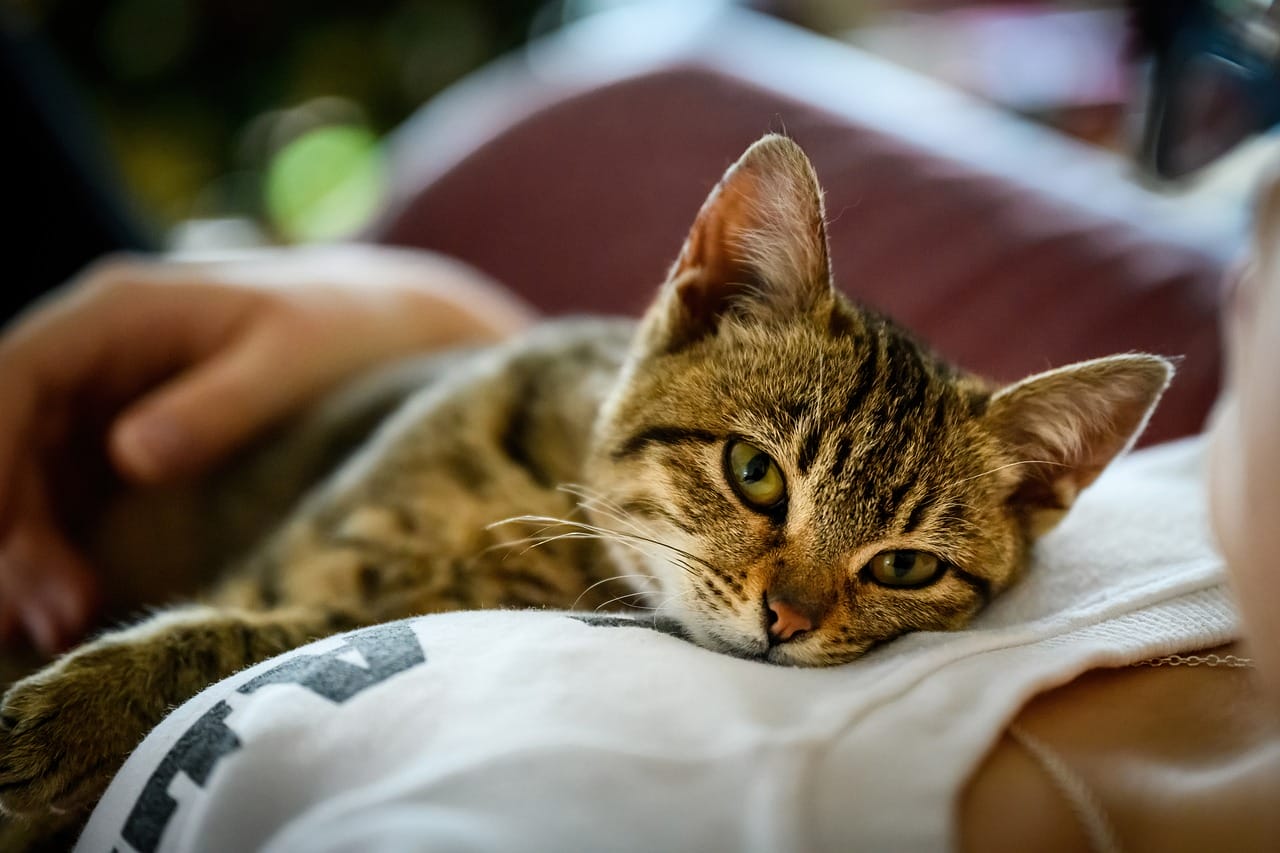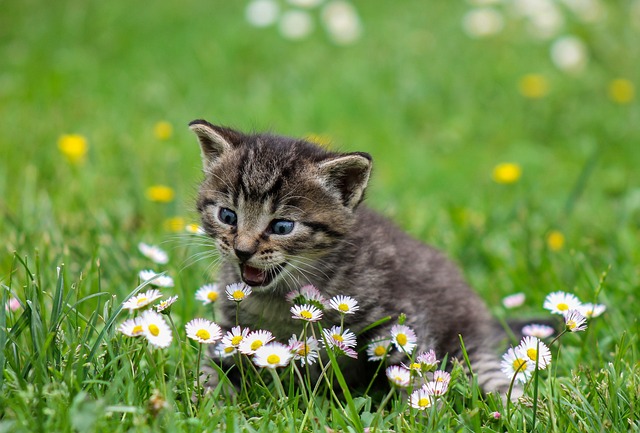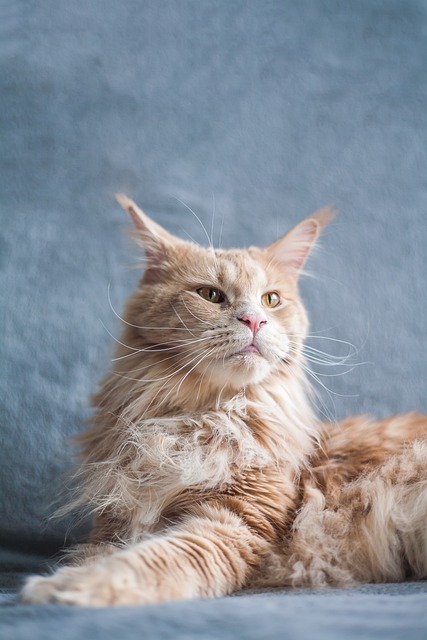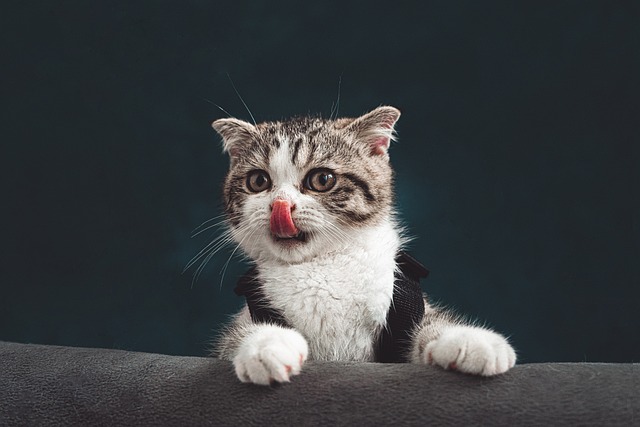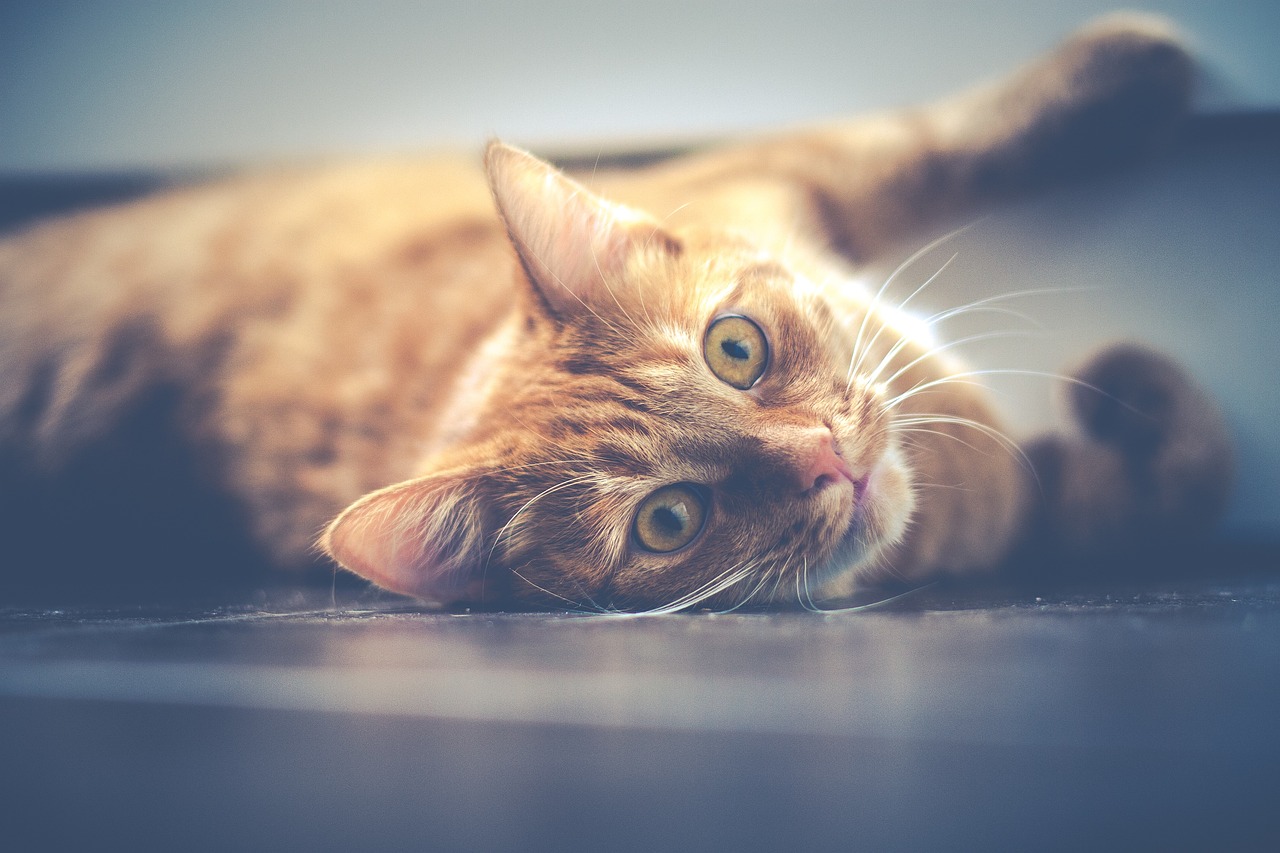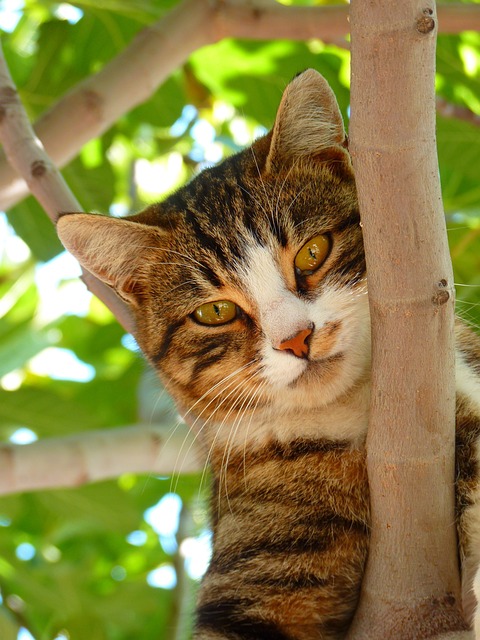Ever wondered why your cat loves to nuzzle against you? While their purrs might be easy to understand, their rubbing behavior can be a bit of a mystery. But fear not, cat lovers! This guide will unveil the reasons behind this common feline action.
Unveiling the Reasons Behind Cat Rubbing Behavior:
Showering You with Love:
Cats are masters of expressing affection in their own unique way. When your feline friend rubs against you, they’re releasing feel-good pheromones from special glands on their face and head. These pheromones act like a social glue, marking you as part of their trusted circle and signaling their fondness for you. Think of it as a furry handshake saying, “You’re mine, and I love you!”
Claiming Their Territory:
Beyond affection, rubbing also serves as a territorial marking behavior. Cats have a natural instinct to claim their space, and rubbing deposits their scent on you and your belongings. This not only reassures them but also sends a subtle message to other cats that this is their domain. So, the next time your cat rubs against your furniture, they’re simply saying, “This is my comfy spot!”
Seeking Attention (and Maybe Treats):
Sometimes, a good rub can be a sneaky tactic for your cat to get your attention. They might be seeking playtime, cuddles, or even a delicious treat. Pay attention to their body language – purring, head bunting, and following you around are often telltale signs that your cat craves some quality time or a tasty reward.
Understanding Different Cat Rubbing Forms:
Not all rubs are created equal. Head bunting, a more focused form of rubbing directed towards your face or legs, signifies deep affection and trust. Your cat is essentially saying, “I love you and feel safe with you.” Leg rubs, on the other hand, can be a greeting or a territorial marking, depending on the context. Pay attention to your cat’s overall body language for a clearer understanding.
When to Be Concerned About Cat Rubbing:
While rubbing is generally a normal behavior, excessive rubbing can sometimes indicate underlying health issues. If your cat’s rubbing is accompanied by unusual behavior, skin irritation, or vocalizations, consult your veterinarian to rule out any medical concerns.
Conclusion:
Understanding why your cat rubs against you is key to strengthening your bond. By appreciating this behavior as a sign of affection, trust, and communication, you can deepen your connection with your feline companion. Remember, a little knowledge goes a long way in unlocking the mysteries of the meowgical world!
Bonus FAQ:
Do all cats rub? No, not all cats exhibit this behavior. Personality, breed, and individual preferences can play a role.
How to respond to a cat’s rubbing? A gentle scratch or petting is usually appreciated. However, always respect your cat’s boundaries and avoid forcing interaction if they seem uninterested.

